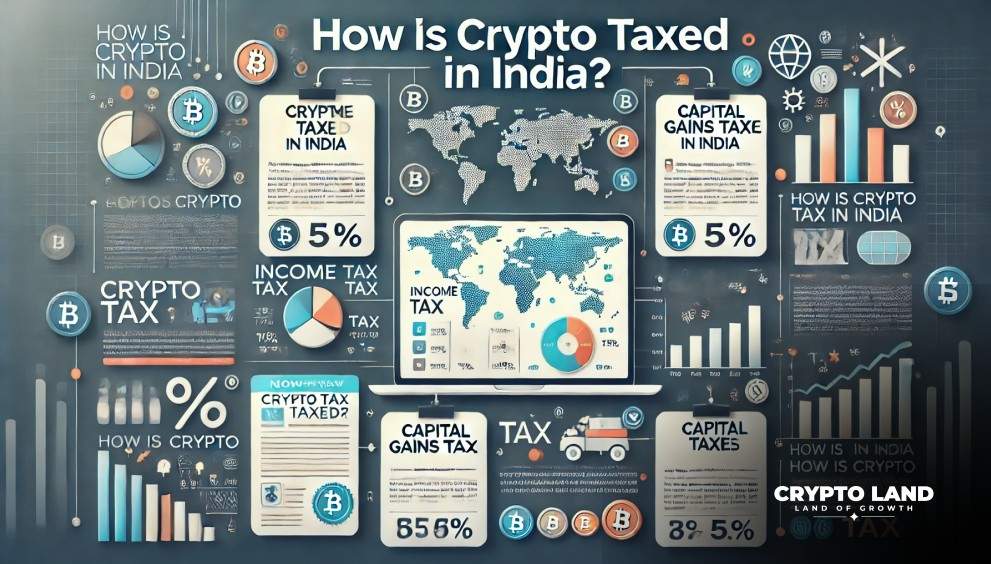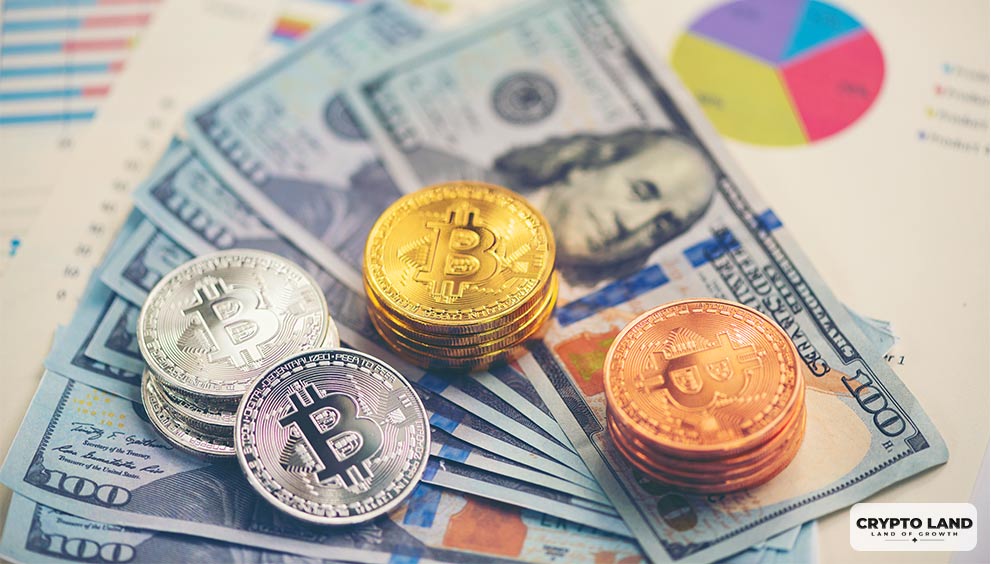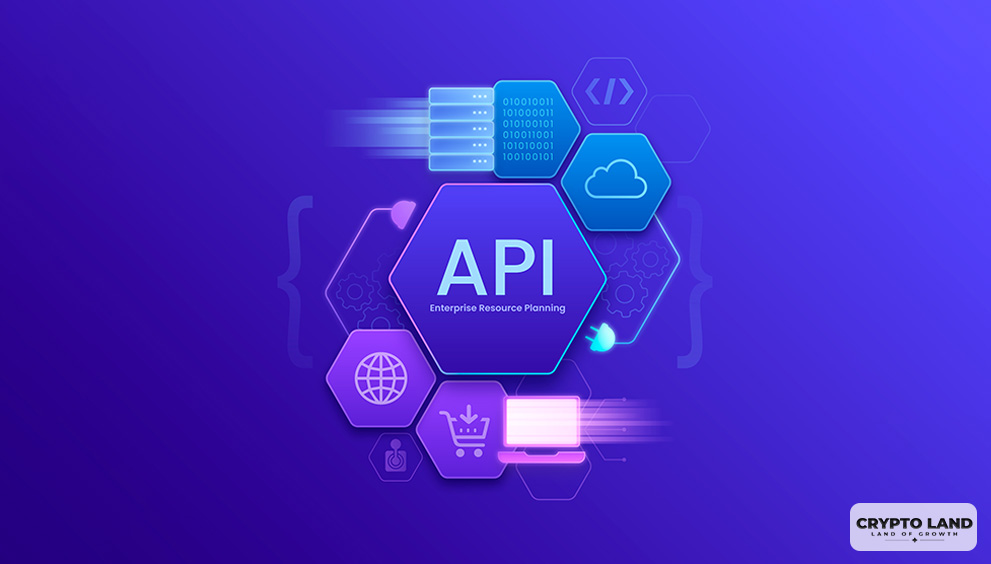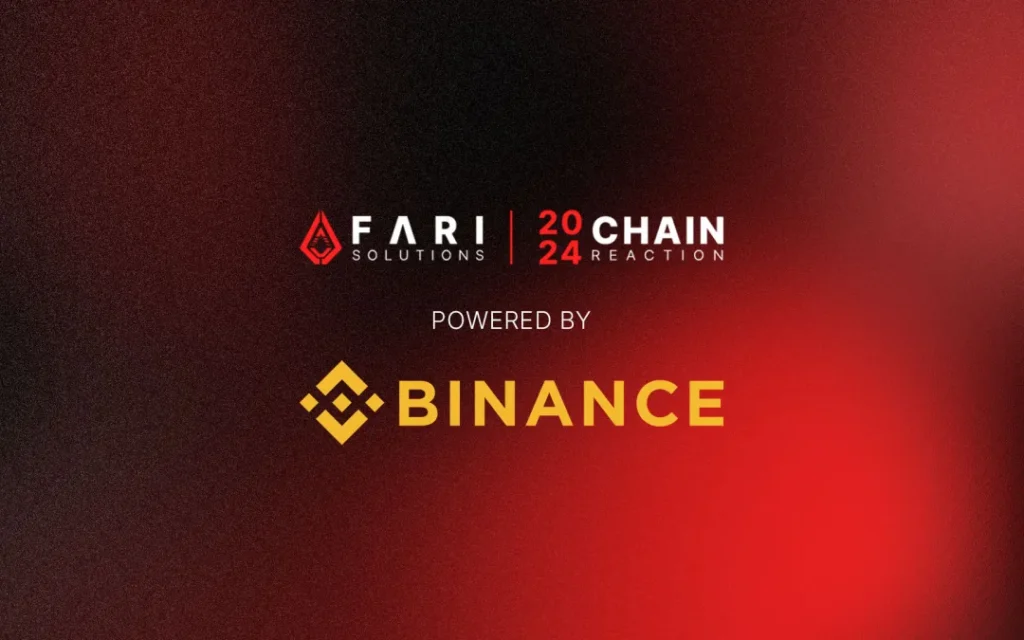How is Crypto Taxed in India?

The Indian IT Act charges a 30% tax on crypto profits with no provisions for loss offset and a 1% Tax Deducted at Source (TDS) on every transaction, making crypto one of the country’s most stringently regulated and tax-heavy assets.
Why Traders Avoid Indian Exchanges?
30% Flat on Profits
India’s high 30% tax on crypto profits has heavily impacted local exchanges. Unlike other asset classes, crypto profits in India are taxed as if they were earnings from gambling or speculative trades.
To make matters worse, India does not allow investors to offset crypto losses against profits. This means that if an investor has both gains and losses, they must still pay the 30% tax on gains without any relief for losses, further intensifying the tax burden.
1% TDS on Every Transaction
Another challenge is the 1% TDS on every crypto transaction, which applies regardless of whether a transaction is profitable.
For regular traders and active investors, this TDS erodes liquidity, impacting their ability to make frequent trades without losing a percentage of capital with each transaction.
Consequently, high-frequency traders in India are increasingly shifting to foreign platforms where the TDS requirement doesn’t apply, finding it easier and more cost-effective to trade crypto on international exchanges.
Which Crypto Transactions Are Taxed in India?
| Transaction | Tax Impact |
| Buying crypto | 1% TDS |
| Selling crypto | 30% tax on profits |
| Trading crypto for crypto | 30% tax on profits |
| Spending crypto | 30% tax on profits |
| Holding crypto | Tax-free |
| Transferring crypto between your own wallets | Tax-free |
| Crypto Airdrops | Income Tax at your individual rate, 30% tax if sold later |
| Hard forks | Income Tax at your individual rate on receipt, 30% tax if sold later |
| Mining rewards | Income Tax at your individual rate, 30% tax if sold later |
| Staking rewards | Income Tax at your individual rate, 30% tax if sold later |
Ambiguities in the Law Fuel Uncertainty
While the 30% tax and 1% TDS are significant deterrents on their own, a large part of the challenge lies in the lack of clear guidelines on how various crypto transactions are taxed. For instance:
- Crypto Payments: No one in this space knows how the government plans to tax what is ostensibly a use of cryptocurrency as payment rather than a trade. The policies need to draw a distinction between the set of transactions in cryptocurrency intended to buy goods and services and other, more traditional trades, which muddies the waters for anyone wanting to apply crypto as a currency.
- DEXes and Crypto-to-Crypto Swaps: DEXes are decentralized systems that operate outside central systems. They allow peer-to-peer crypto trading. For Indian investors, technically speaking, every swap on a DEX could generate a 1% TDS and a 30% tax on behalf of the trader, even for any crypto-to-crypto swaps. If the government hasn’t clarified how these transactions will be taxed, it’s a big problem for investors.
- Token Swaps without Change in Fiat Value: Many investors are just using crypto swaps that do not change the fiat value. An example of that can be a swap between stablecoins- the value, say in Indian rupees, would not change, but still, ambiguity in the rules might classify these as being taxable events, which brings confusion and increases the compliance burden to Indian investors.
The lack of clarity on these topics contributes to a climate of uncertainty. Tax consultants and crypto users alike are finding it challenging to interpret the law, and this lack of guidance is a key factor in the exodus of Indian users to foreign exchanges.
Impact on Local Exchanges and Crypto Innovation
Stringent regulations in India have forced many domestic crypto companies to look for greener pastures in regions such as the United Arab Emirates and Singapore, which offer more investor-friendly tax policies.
Also, Indian exchanges face significant challenges in retaining customers who now prefer foreign exchanges for lower tax burdens and fewer regulatory hurdles. Major foreign exchanges offer Indian customers more competitive trading fees and incentives, which Indian exchanges struggle to match under the current tax laws.
The pressure from regulation deters foreign investment in Indian exchanges, too. Foreign investors don’t want to enter a market where the conflicting regulatory uncertainty and high tax burdens would most likely work to suppress profitability.
Possible Loss for the Indian Government and Economy
Mass Exodus of Crypto Talent and Businesses: The Indian government potentially lost out on $420 million in tax revenue, which could have been collected through more balanced and nuanced tax policies.
The 30% tax and 1% TDS structure, which the current dispensation may have envisioned to check speculative trading, is actually driving investors and companies away from the country, resulting in a loss of economic opportunities.
The local economy loses potential jobs to this sector, as these sectors hold huge growth potential and are developing new waves of employment.
Countries like UAE and Singapore have won from India’s Loss due to their access to highly skilled Indian developers and entrepreneurs.
India can stop this outflow by creating a favorable regulatory environment to attract foreign investment in the crypto industry.
The Way Forward: Balancing Regulation with Growth
- Allowing Loss Offsetting: Permitting investors to offset crypto losses against gains, as is done with other asset classes, would make crypto investments more attractive and encourage continued participation in the Indian market.
- Reducing TDS: Lowering or removing the 1% TDS on transactions could alleviate liquidity issues for high-frequency traders and make Indian exchanges more competitive.
- Clear Guidelines for Crypto Use Cases: Providing clear tax guidelines for specific use cases like crypto payments, DEX trades, and stablecoin swaps could reduce investor anxiety and create a more stable environment for crypto activities in India.
- Collaborative Approach: Engaging with industry stakeholders to understand the practical implications of taxation policies and encourage growth within regulatory frameworks.
India’s current crypto tax regime may have been introduced to ensure compliance and prevent misuse, but its rigidity and lack of flexibility are driving Indian exchanges, investors, and businesses away.
If India can find a balanced approach to regulating and taxing crypto, it stands a better chance of benefiting from the global crypto boom, attracting innovation, and retaining local talent to build a strong digital economy.
FAQs
- How much tax do you pay on crypto in India?
Indian traders must pay a 30% tax on profits from trading, selling, or spending crypto and a 1% TDS tax on selling crypto assets exceeding Rs 50,000 in a single financial year.
- How can we avoid a 30% crypto tax in India?
The 30% tax on crypto can be avoided through long-term capital gains.
- What if I don’t pay crypto taxes?
No, there’s no legal way to avoid paying taxes on crypto in India. Underreporting or misreporting crypto income can lead to a penalty of 50% to 200% of the tax due and up to 7 years of imprisonment.



















![Top Altcoins in October [2024] You Should Look Out For 19 Top Altcoins in October [2024] You Should Look Out For](https://cryptolandoff.com/wp-content/uploads/2024/10/Top-Altcoins-in-October-2024-You-Should-Look-Out-For.jpeg)































































































































































































